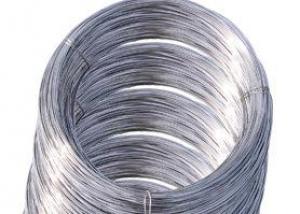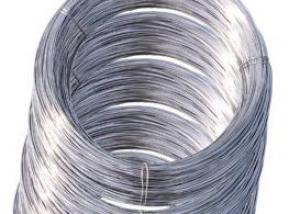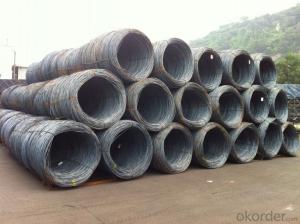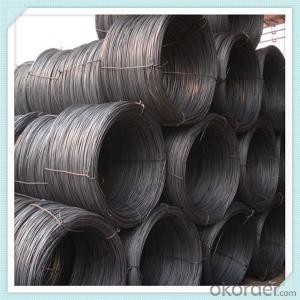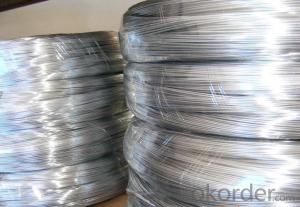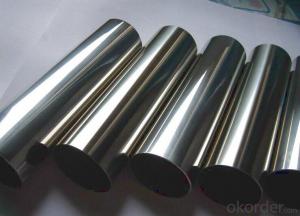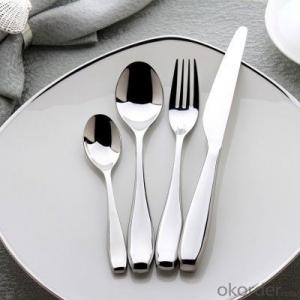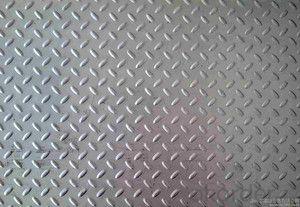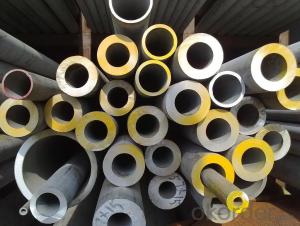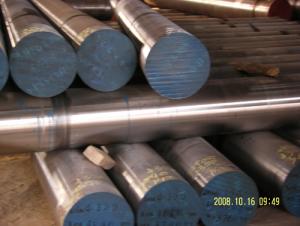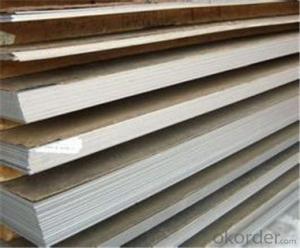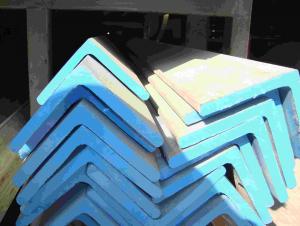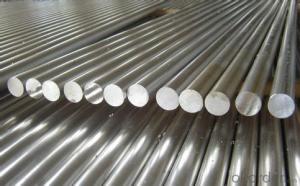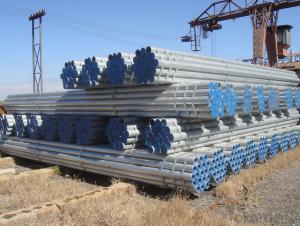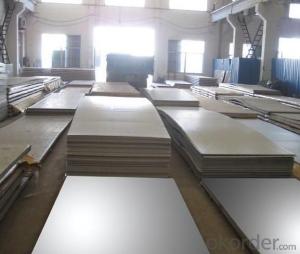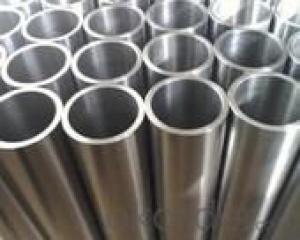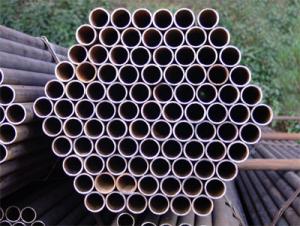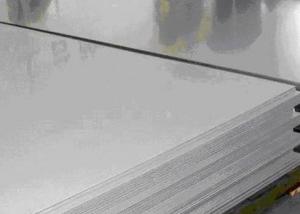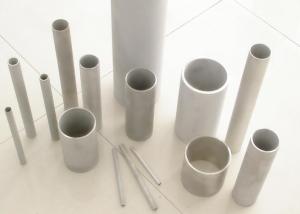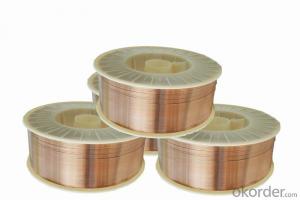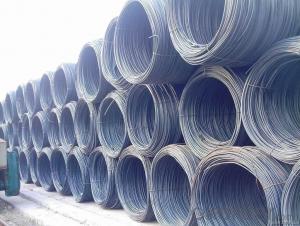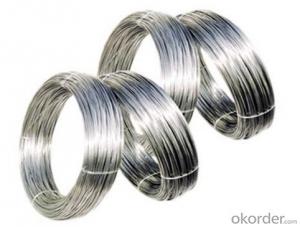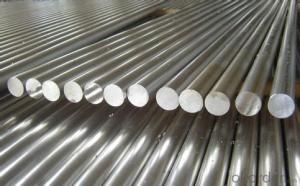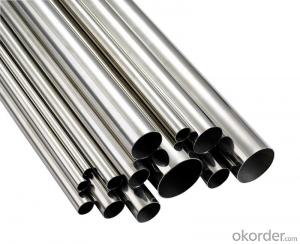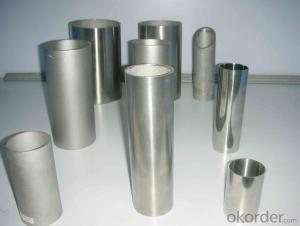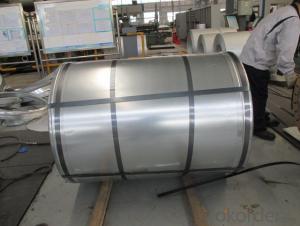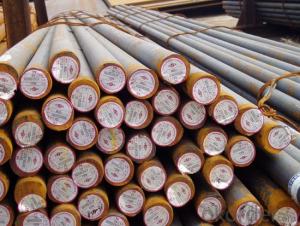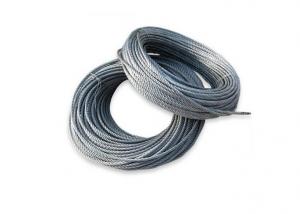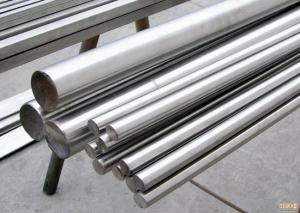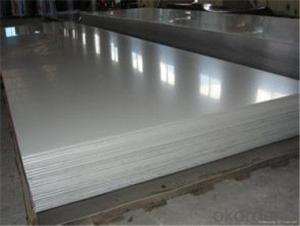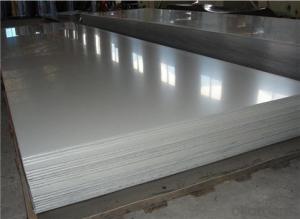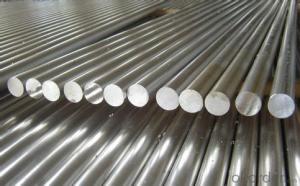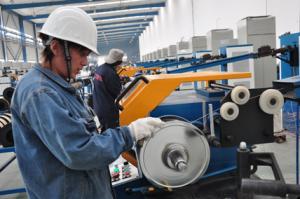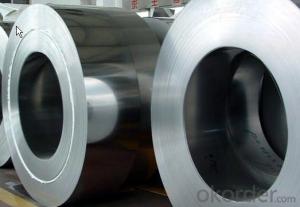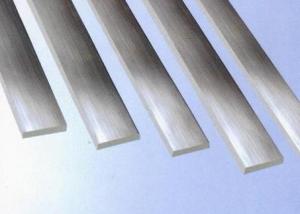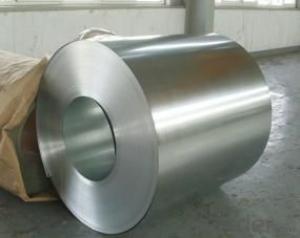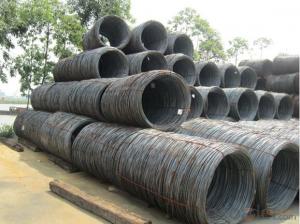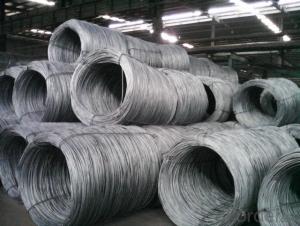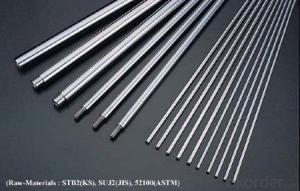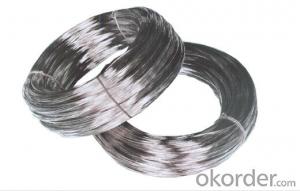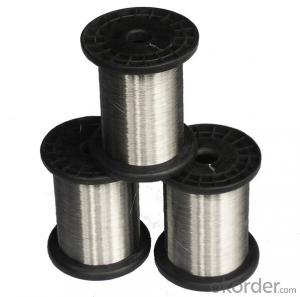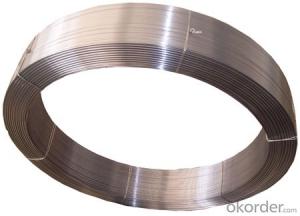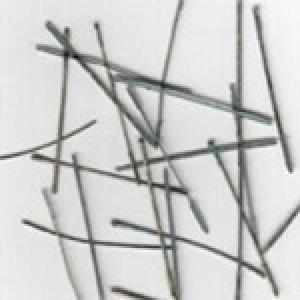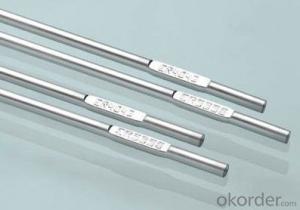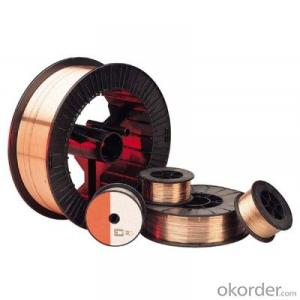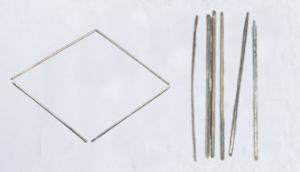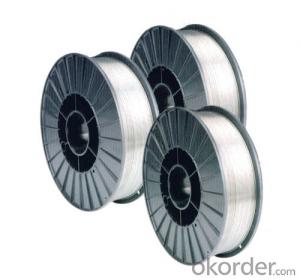316 Stainless Steel Rod
316 Stainless Steel Rod Related Searches
316 Grade Stainless Steel Stainless Steel 316 Type 316 Stainless Steel 3 16 Stainless Steel Rod 316 Stainless Steel Tubing 316l Stainless Steel Stainless Steel 316l 316 Stainless Steel Sheet Stainless Steel Rod 3/16 Stainless Steel Rods 316 Stainless Steel Price 316ti Stainless Steel 316 Stainless Steel Hardness Stainless Steel Guide Rod 1 4 Stainless Steel Rod Stainless Steel Brazing Rod 304 Or 316 Stainless Steel 1 2 Stainless Steel Rod 3 8 Stainless Steel Rod 316 Stainless Steel Scrap Price Stainless Steel Tig Rod Density Of Stainless Steel 316 Density Of 316 Stainless Steel 316 Stainless Steel Density 316 Stainless Steel Properties Stainless Steel Closet Rod 305 Stainless Steel Hollow Stainless Steel Rod Stainless Steel Rod 1 4 1/4 Stainless Steel Rod316 Stainless Steel Rod Supplier & Manufacturer from China
316 Stainless Steel Rod is a type of corrosion-resistant and durable metal product made from a specific alloy of chromium, nickel, and molybdenum. This alloy composition gives it excellent resistance to various forms of corrosion, making it ideal for use in environments where other metals might quickly deteriorate. The 316 Stainless Steel Rod is widely recognized for its superior strength and resistance to pitting and crevice corrosion, which are common issues in marine environments and chemical processing industries.The 316 Stainless Steel Rod is extensively used in a variety of applications due to its exceptional properties. It is commonly found in the construction of chemical processing equipment, marine hardware, and architectural structures. Additionally, it is used in the manufacturing of various components for the automotive, aerospace, and food processing industries. Its versatility and resistance to corrosion make it a preferred choice for applications where durability and longevity are critical.
Okorder.com is a leading wholesale supplier of 316 Stainless Steel Rod, boasting a vast inventory to cater to the needs of various industries. As a reliable source for this product, Okorder.com ensures that customers receive high-quality 316 Stainless Steel Rod at competitive prices. The company's commitment to customer satisfaction and its extensive stock make it a go-to destination for businesses seeking to purchase 316 Stainless Steel Rod in bulk.
Hot Products
